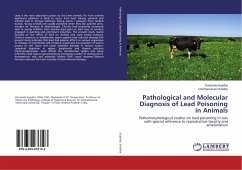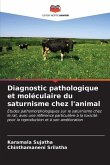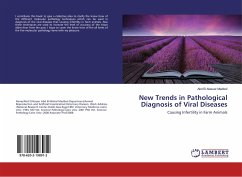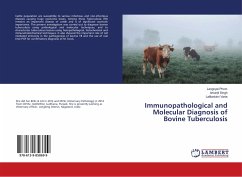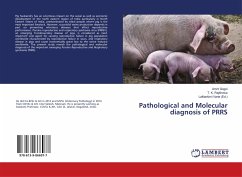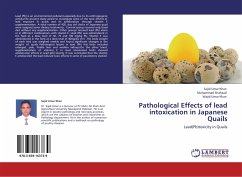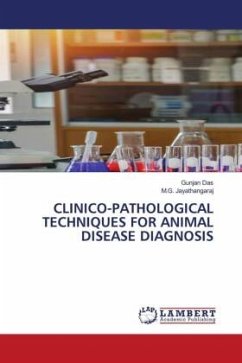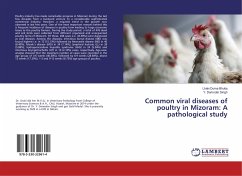Lead is the most important poison to the farm animals. For farm animals significant pollution is likely to occur from lead mining, painted and metallic lead in storage batteries, licking paints / puttyans from rubbish dumps. Young animals are usually poisoned when they lick painted pens, troughs etc because of allatrophagia. Chronic lead poisoning commonly seen in young children from sucking lead paint or lead toys, in workers engaged in painting and petroleum industries. The present study mainly focused on the effect of lead on animals and used herbal product, Ocimum sanctum as ameliorative agent against lead induced damage.The present study indicates that lead had adverse effect on various organsdue to damage of endothelial cells of blood vessels and accumulation of lead in organs or soft tissue and cause oxidative damage in various organs. Lymphoid depletion in spleen, lymphnode and thymus indicates immunosuppression. Lead affects the reproductive system and cause infertility.Lead induces genotoxicity by increasing number of micronuclei in bonemarrow cells and adversely inhibits DNA repair enzymes.Ocimum sanctum reduced the toxic intensity of lead induced damage.

